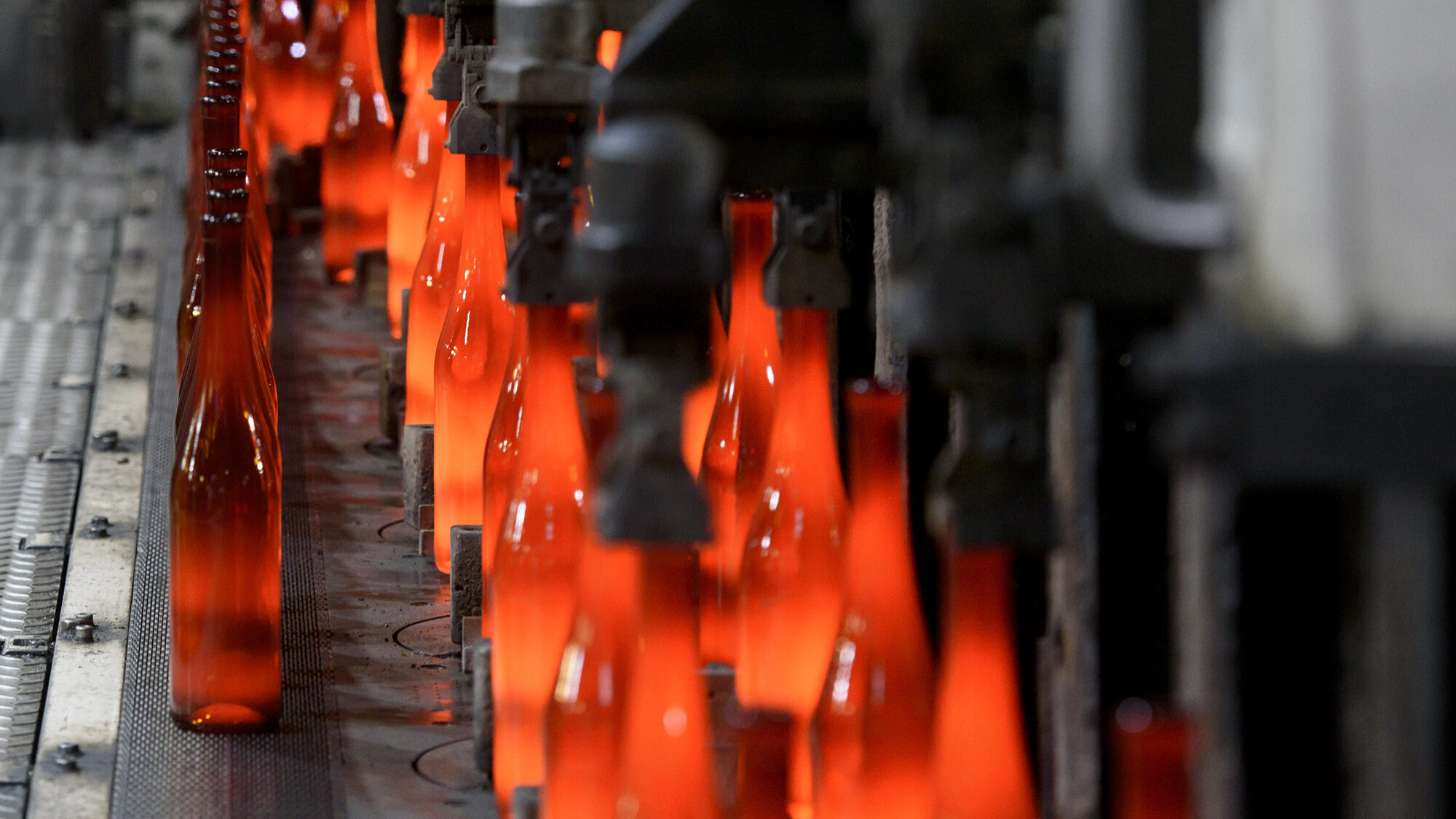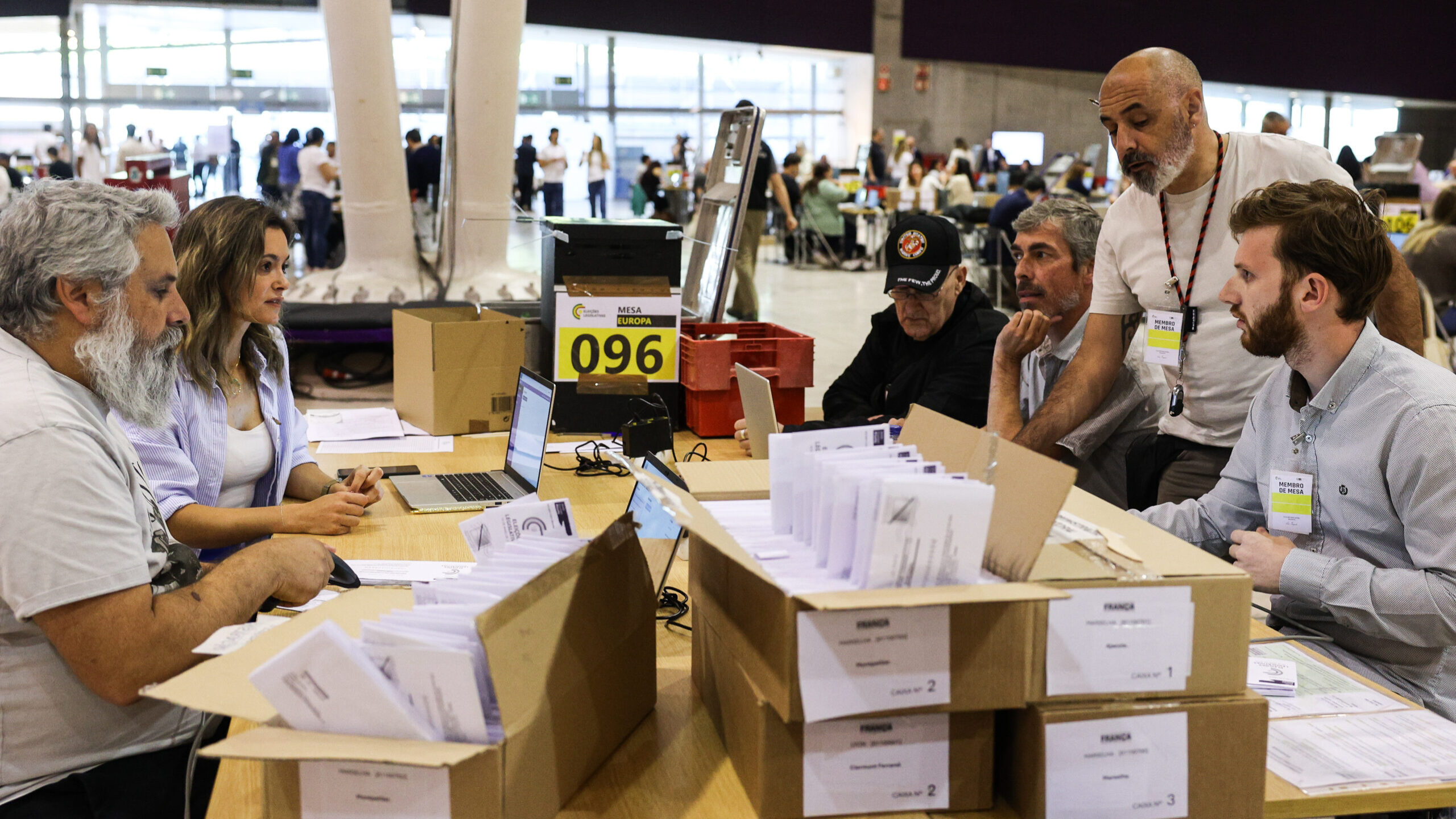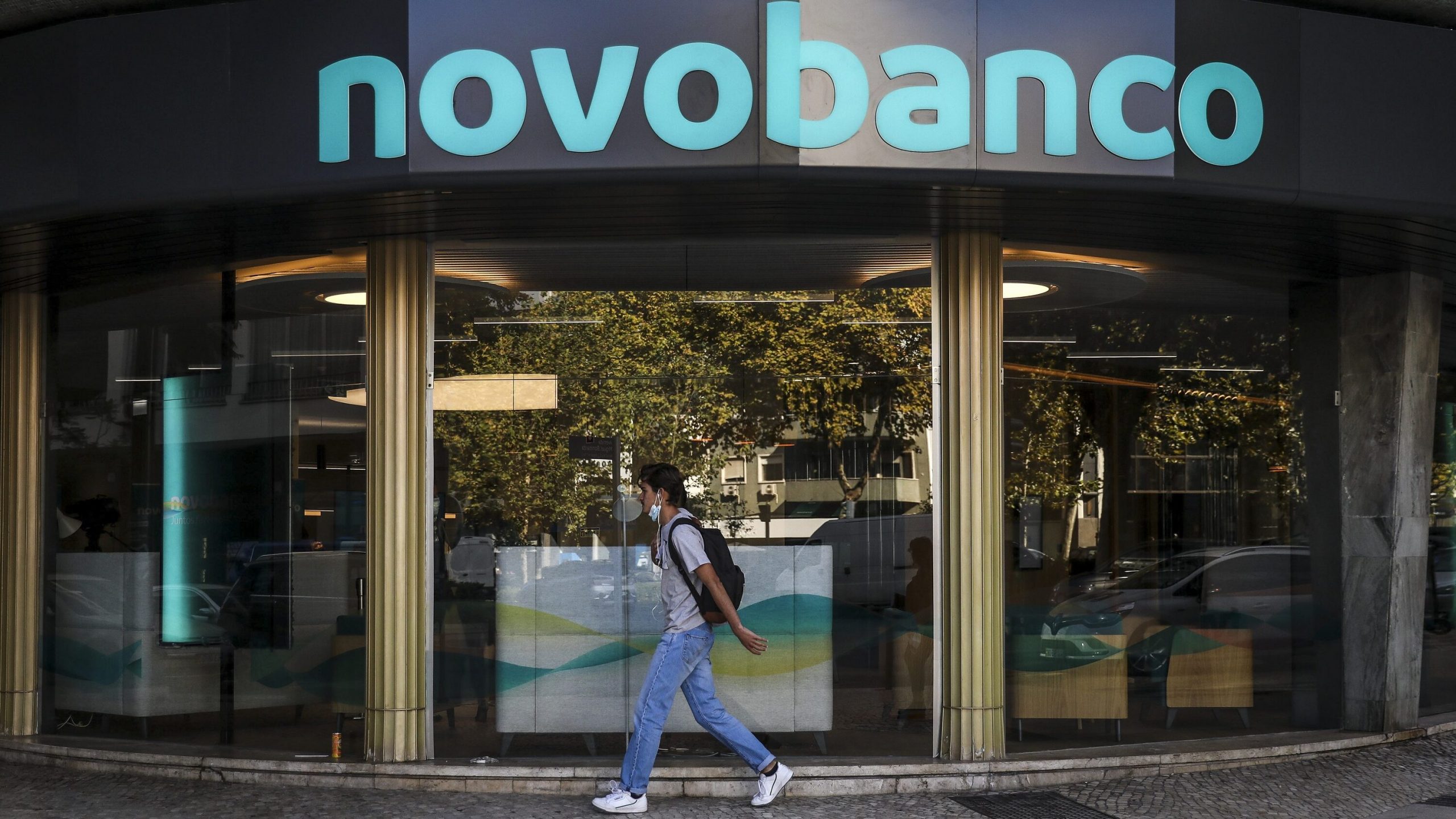Are bank deposits safe? “It’s safe to lose money”, warns European Commissioner Maria Luís Albuquerque
At a conference in Lisbon, European Commissioner Maria Luís Albuquerque defended the new Savings and Investment Union. But she guaranteed that everyone will continue to be able to invest as they wish.
Europeans, and the Portuguese in particular, have “got used to thinking that bank deposits are safe and risk-free”. However, “right now, it’s safe to lose money” with them, warned European Commissioner Maria Luís Albuquerque this Friday, who is in charge of the Savings and Investment Union (SIU), an ambitious plan by the European Commission to encourage citizens to invest more in the capital markets, rather than leaving their savings untouched in the banks.
Speaking at the annual CMVM (Portuguese Securities Market Commission) conference in Lisbon — where she also announced the relaunch of the Pan-European Personal Pension Product (PEPP) –, Maria Luís Albuquerque explained that the “real profitability” of term deposits “is negative”, as they generally pay less interest rates than the erosion caused by inflation. “In the capital market we have a risk of loss. In deposits we have a certainty of loss in recent years”, she emphasised, adding: “The perception of what risk is is also something that needs to be worked on.”
With the Savings and Investment Union, the European Commission’s first aim is for European citizens to have incentives to channel part of the 11 trillion euros sitting in deposits into the capital markets — just this Friday, the Bank of Portugal revealed that there was a record 193 billion euros sitting in deposits at the end of April.
Only in this way will it be possible to respond to the challenges that the European Union is currently facing, from climate change to the digital transition and new geopolitical dynamics, argued Maria Luís Albuquerque.
In addition, “the growing geostrategic tension, with visible impacts on market behaviour, has accentuated the urgency of finding alternatives in the European internal market to trade partners that have become less reliable”, said the commissioner. A statement that should be seen in the light of the new US trade policy and the tariffs that have been applied by Donald Trump’s administration.
“Everyone will invest their money where and how they want”
In her speech, the Commissioner reassured anyone who might think that the European Union wants to decide how Europeans invest their savings: “The aim of the strategy is to make it easier for resources to flow to where there are good business opportunities. We are completely agnostic. Everyone will invest their money where and how they want. Our aim is just to provide opportunities, nothing more”, said the former finance minister.
The package being prepared in Brussels has multiple elements, such as incentives for member states to apply tax breaks to their citizens, the creation of a “savings and investment account” and a review of legislation “to enable more investment in alternative asset classes”, such as venture capital and “equity in general”.
Another goal is to rethink supervision, making it more effective and centralised in some components — but also more harmonised. “The same question should have the same answer wherever you ask it in the 27 [member states], whoever you ask, and we don’t have that yet”, recognised the Portuguese commissioner.
Anticipating possible criticism in the face of other plans presented in the past, Maria Luís Albuquerque guaranteed that “this [time] is different”, not least because it’s a different time. “The realisation that the financing of our priorities cannot depend exclusively on public budgets is especially clear. Private participation is indispensable”, she said. In addition, there is now “political determination” to move forward.
Avoid legislating “as far as possible”
The European Commission is also concerned about “barriers outside the regulation of capital markets”, such as those “resulting from tax or corporate legislation”, she said, pointing out that a market consultation is underway until the 10th of June to help identify them. According to Maria Luís Albuquerque, these are barriers that Brussels “has tolerated because they represent comfort zones for some players in the financial market or for some member states”. “But building an efficient market depends on removing” them, she argued.
“We are agnostic about the instruments to be used. Legislation, recommendations, strengthened implementation and enforcement… we will use the most effective instruments for each objective, trying as far as possible to avoid legislating when other options are available”, she promised, while recognising that many of the initiatives will have to be implemented by national governments themselves.
Maria Luís Albuquerque said that Portugal is one of the countries that has the most to gain from the proper implementation of the Savings and Investment Union: “It is precisely the smaller, peripheral markets that have the most to gain from this approach, benefiting from greater interconnection and access to larger markets. Investors will have access to more liquid and diversified products, and companies to broader sources of finance”, in addition to the bank finance that already exists and is widely available.
“We need to move forward, we agree on which areas, and we have to have an attitude where we have to move forward on many aspects at the same time. The incremental approach, one thing at a time, hasn’t worked and won’t work. We have to do everything, try to promote all the initiatives simultaneously, which will obviously be very challenging”, said Maria Luís Albuquerque. “The proposals are ambitious and my commitment to pursuing them is total”, she concluded.




